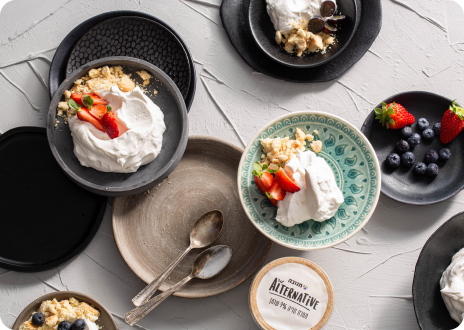*תקציר המאמר. למאמר המלא יש להוריד את הגיליון המלא ב pdf
שכיחות מחלות המעי הדלקתיות (מחלת קרוהן וקוליטיס כיבית) עולה ברחבי העולם ובמיוחד במדינות המסגלות לעצמן אורח חיים מערבי, ממצא המדגיש את חשיבות הגורם הסביבתי בהתפתחות מחלות אלו. לתזונה, להרכב המיקרוביום במעי וליחסי הגומלין בינהם תפקיד חשוב בהתפתחות מחלות מעי דלקתיות. הרכב חיידקי המעי של חולים במחלות מעי דלקתיות מאופיין בחוסר איזון (דיסביוזיס), המתבטא בירידה בעושר ובמגוון החיידקי, בירידה בכמות של חיידקים הנחשבים כמועילים ובעליה בכמות חיידקים הנחשבים כפתוגניים. חיידקים מועלים כוללים יצרני חומצות שומן קצרות שרשרת, שכיחות חיידקים אלו עולה בתגובה לתזונה עשירה בסיבים תזונתיים. חיידקים פתוגניים לעומתם, כוללים בין היתר חיידקים היודעים להיצמד לאפיתל המעי ובכך לעורר תגובה חיסונית.
מחקרים אפידמיולוגיים ומנגנוניים תומכים בכך שתזונה מערבית, העשירה בסוכר, שומן ותוספי מזון כגון מתחלבים, קשורה בעליה בשכיחות מחלות מעי דלקתיות ובעלת השפעה שלילית על הרכב ותפקוד המיקרוביום, הכוללת ירידה בעושר ובמגוון החיידקי ושגשוג חיידקים פתוגניים היכולים להיצמד לרירית המעי ולעורר תגובה חיסונית. לעומת זאת, דפוס המבוסס על מגוון מזונות מן הצומח כגון התזונה הים תיכונית קשור בהיארעות נמוכה יותר של מחלות מעי דלקתיות וייתכן שהשפעה זו מתווכת בחלקה על ידי שיפור הרכב ותפקוד המיקרוביום. תזונה ים תיכונית קשורה בעושר ומגוון גבוהים יותר ובשכיחות גבוהה של חיידקים המייצרים חומצות שומן קצרות שרשרת. לאור השפעתה המיטיבה על הרכב חיידקי המעי, מדדי דלקת, מדדים קליניים ואיכות חיים וכן הקשר בין היענות לדפוס זה ובין שיעורים נמוכים יותר של התפתחות מחלות מעי דלקתיות, תזונה ים תיכונית מותאמת אישית (לפי צרכי וסבילות המטופל), עשויה להיות אסטרטגיה תזונתית מומלצת למטופלים במחלות מעי דלקתיות ולקרובי משפחתם.

